
As a devoted reader of Colleen Hoover’s heart-wrenching and enchanting novels, I must say that seeing the big screen adaptation of “It Ends With Us” was both an exhilarating and nerve-wracking experience for me. Having invested countless hours immersed in the lives of Lily, Ryle, Atlas, and their entangled love story, it was essential to maintain the essence and authenticity of the characters while adapting them for the silver screen.
Blake Lively is filing a lawsuit against her co-star and director from the movie “It Ends With Us”, namely Justin Baldoni.
For several months, there have been rumors about a dispute between the actress from “Gossip Girl” and the actor from “Jane the Virgin”. Recently, Lively filed a lawsuit against Baldoni for alleged sexual harassment, claiming that he made the set of “It Ends With Us” uncomfortable and later participated in a campaign aimed at her. (Baldoni has since refuted these allegations.)
According to documents obtained by TMZ, Lively claims that the atmosphere on the set of “It Ends With Us” became so unpleasant that a meeting was held, which included her husband Ryan Reynolds among other attendees, to discuss and address Baldoni’s conduct.
As reported by TMZ from the court documents, the conversation at the meeting was centered around two main points: firstly, avoiding the sharing of explicit videos or pictures of women with Blake, and secondly, refraining from discussing Baldoni’s alleged past issues with pornography addiction or his sexual encounters.
According to the source, other subjects discussed were “avoidance of any references to cast and crew members’ private body parts, no continued questions about Blake’s weight, and avoidance of further discussions regarding Blake’s late father Ernie Lively.
According to TMZ’s report of the lawsuit, it was revealed during the meeting that no extra sex scenes would be included beyond what Lively consented to in her contract for the film, as specified by the script.

In relation to varying strategies for promoting a film adapted from Colleen Hoover’s novel about a woman overcoming domestic violence, the lawsuit claims that Baldoni engaged in a strategy aimed at damaging Lively’s reputation, which harmed her professional standing, negatively impacted her business, and caused severe emotional distress within her family.
On the contrary, Bryan Freedman, representing Baldoni, has countered Lively’s lawsuit, stating it is a ploy to “improve her damaged reputation,” and emphasizing that it contains “unfounded, scandalous, and intentionally damaging claims with the aim of causing public harm.
Additionally, Freedman claimed that, off-camera, Lively was making veiled threats like saying she wouldn’t attend filming locations or refuse to publicize the movie. This behavior, he suggested, may have contributed significantly to the movie’s poor performance at the box office.
TopMob News has reached out to Lively and Baldoni’s teams for comment and has not heard back.
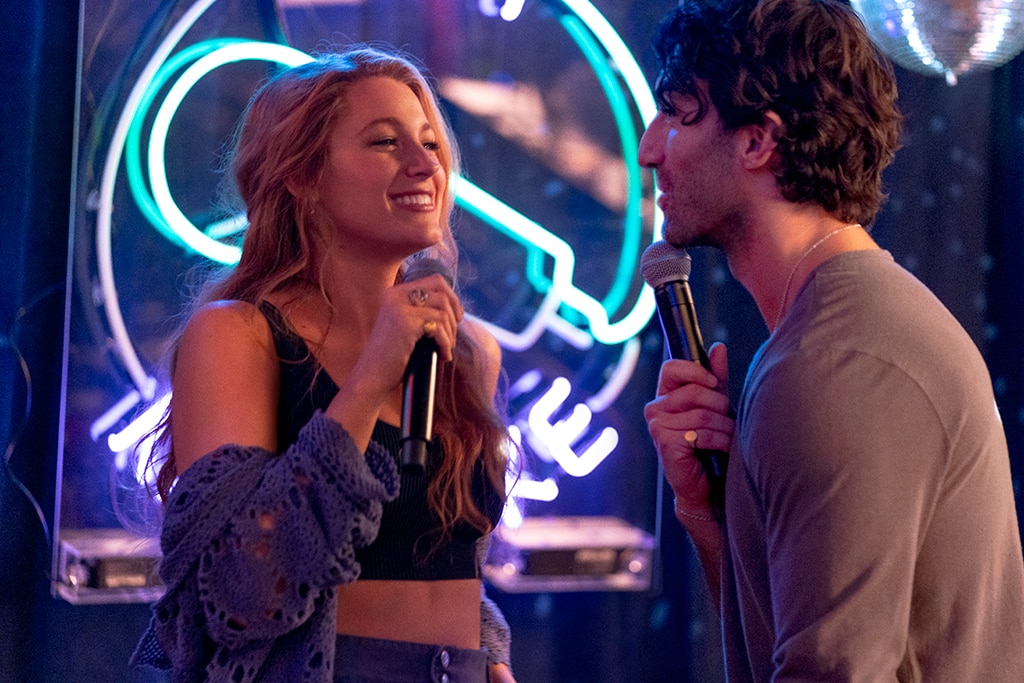
Tensions ignited earlier this year as the cast promoted the movie, noticeably excluding Baldoni from their activities.
Amid the speculation, Baldoni spoke out about the complexities of working on a film.
In an interview published on Today.com on August 9th, I shared my perspective: “Each film is a marvel that unfolds before us, yet it’s not just about the magic on screen. It’s about navigating diverse personalities and working tirelessly to ensure everyone shares the same vision. Inevitably, errors occur, but the real challenge lies in learning from those mistakes and finding ways to overcome them.
Keep reading to learn more about It Ends With Us…
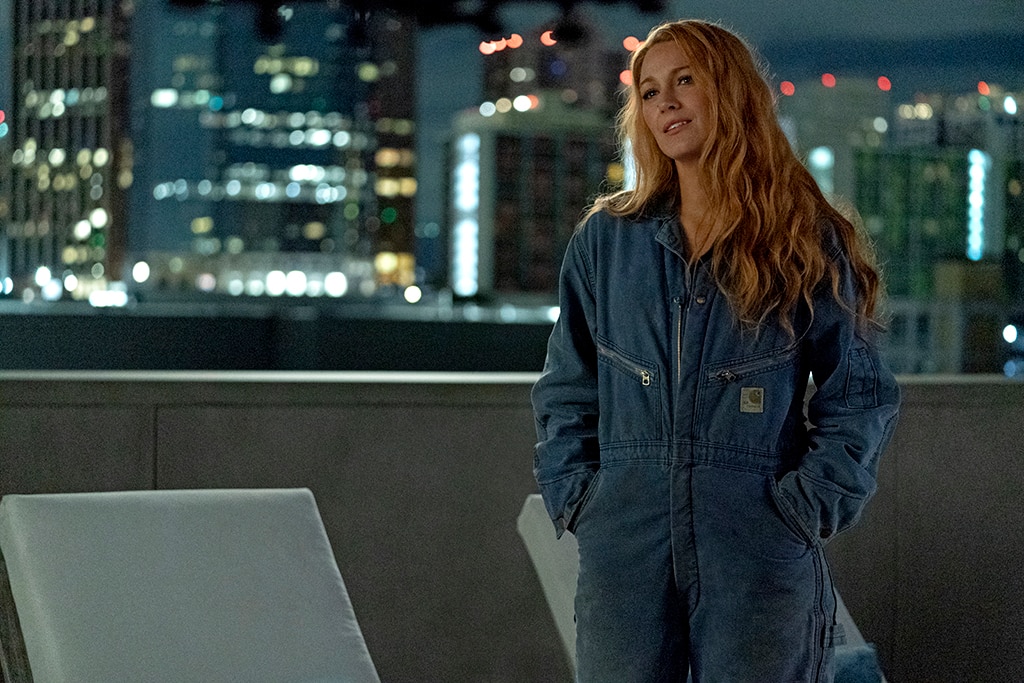
For devoted enthusiasts of “It Ends with Us”, this adaptation stirred up some controversy due to a notable change in character age. In the novel, Lily should be 23 years old. Although no one’s age is explicitly revealed in the film, it seems that the plot progresses somewhat beyond that timeframe.
It became clear to spectators that the cast for “It Ends With Us” included Blake Lively, Justin Baldoni (who also directed the film), and Brandon Sklenar, all of whom were in their thirties during casting. However, the author agreed with this change, particularly as it concerned Ryle’s profession as a neurosurgeon.
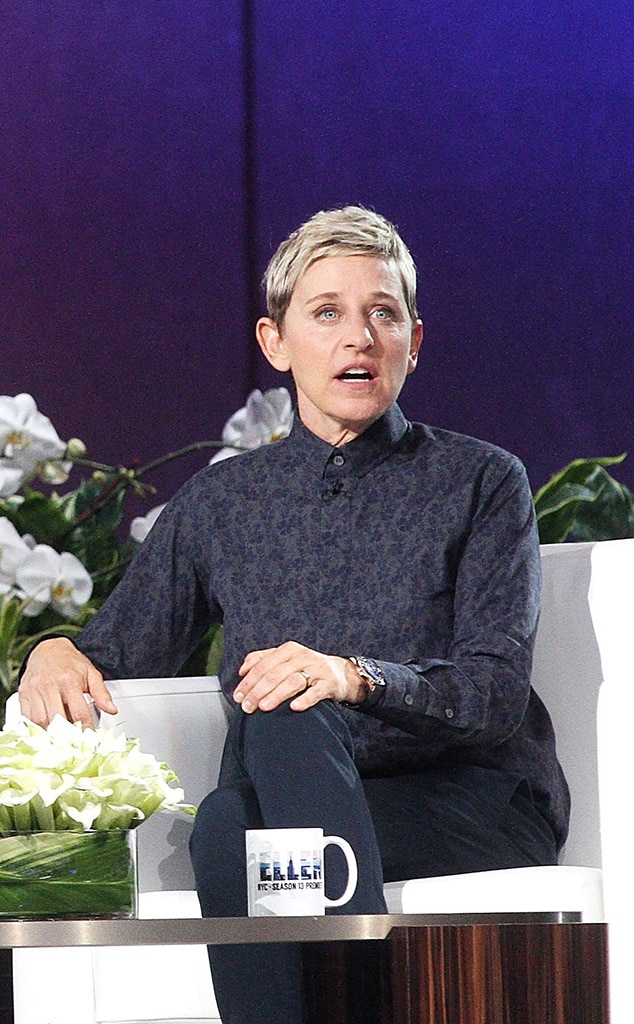
Surprisingly enough, it’s Ellen DeGeneres, the famed comedian and ex-daytime talk show host, who plays a significant part in the book. Intriguingly, the protagonist, Lily Bloom, documents her experiences through letters addressed to Ellen or what we come to know as “The Ellen Diaries.” This is how we, the readers, uncover the truth about Lily’s parents and her encounter with Atlas.
In the movie, there are hints that subtly echo the recurring Ellen theme from the book, such as a quick glimpse of Lily’s journal with a note addressed to “Ellen” and an excerpt from The Ellen DeGeneres Show shown in one scene. However, Ellen herself doesn’t play a significant role within the film.
In addition, Ellen’s iconic phrase from “Finding Nemo,” “Just Keep Swimming,” is frequently echoed by Lily in challenging situations throughout the book. This sentiment is also subtly acknowledged in Atlas during the final line of the story. Interestingly, a poster of “Finding Nemo” adorns the wall of Lily’s teenage bedroom at the start of the movie as well.
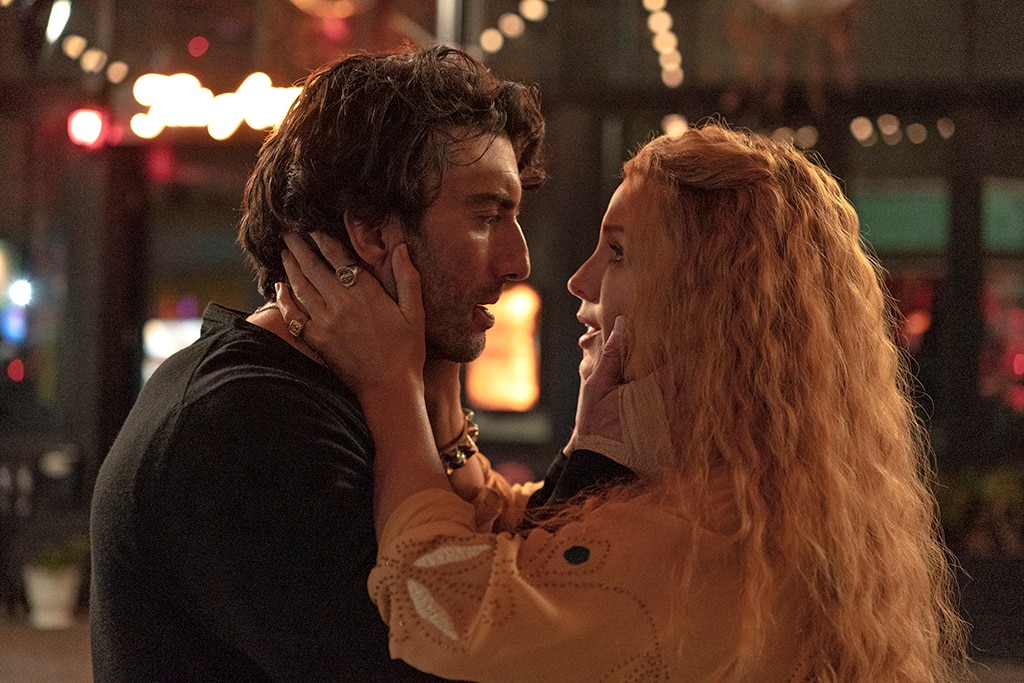
In the movie, Lily’s eulogy for her father serves as a recurring theme in depicting her relationship with him. The five things Lily adores about her father (which remain empty) are hastily written on a napkin. Eventually, she lays this napkin on her father’s grave at the end of the film.
In a different portrayal from its written version, the scene doesn’t unfold as originally planned on screen. Unlike Lily, who was expected to have a more prominent role in the eulogy, she remains conspicuously quiet and stands there for several minutes before being physically removed by a relative. A significant change in the film is the inclusion of the poignant napkin moment that wasn’t part of the original script.
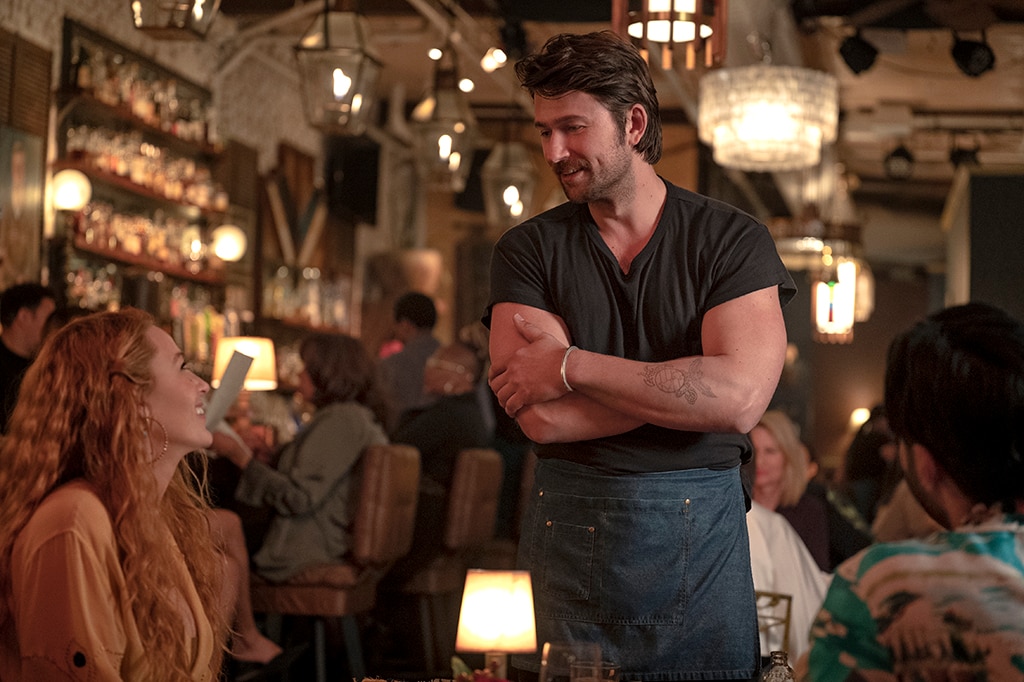
Moviegoers may discover that Atlas can cook, but they’ll unfortunately not witness his tokens of appreciation towards Lily, which are more commonly expressed through gift-giving in the book. An example of this is when Atlas gives Lily a Boston keychain for her birthday as teenagers, an item she keeps even after they lose contact and it becomes a source of contention between her and Ryle later on.
After they reconnected as grown-ups, he presented Ellen with an autographed copy of the comedian’s book titled “Seriously…I’m Kidding”, complete with a message from the author. In the dedication, Ellen penned down, “Lily, Atlas advises to keep swimming.
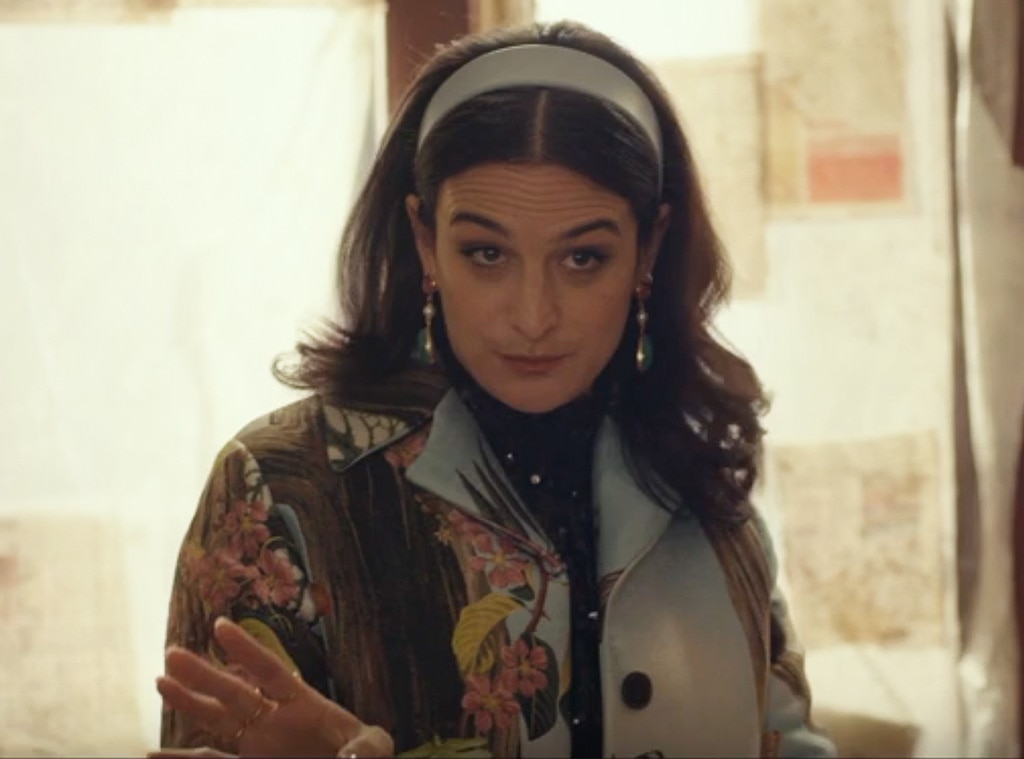
In the movie version, neither Ellen nor Lily’s mom had as significant a role as they did in the book. Unlike in the novel where Lily’s mom is supposed to accompany her to Boston and spends a substantial amount of time with her, the film features Lily’s mom in only a few scenes.
In the movie, only one scene features Ryle’s mother, a resident of England, and she is absent from it. Similarly, other secondary characters in Lily’s life that don’t appear in the film adaptation include Lily’s roommate Lucy, who eventually finds employment at her flower shop in the sequel book “It Starts With Us”. Additionally, Lily’s former coworker Devin, who attends Allysa’s birthday party with Lily and pretends to be her boyfriend to make Ryle jealous, is also not included.
As a devoted admirer, let me rephrase that in a more conversational tone: I’m talking about the crew at Atlas’ restaurant – my pals Brad, Darin, and Jimmy, who even share a friendly game of poker with Lily in one instance – they too have been trimmed from the scene.
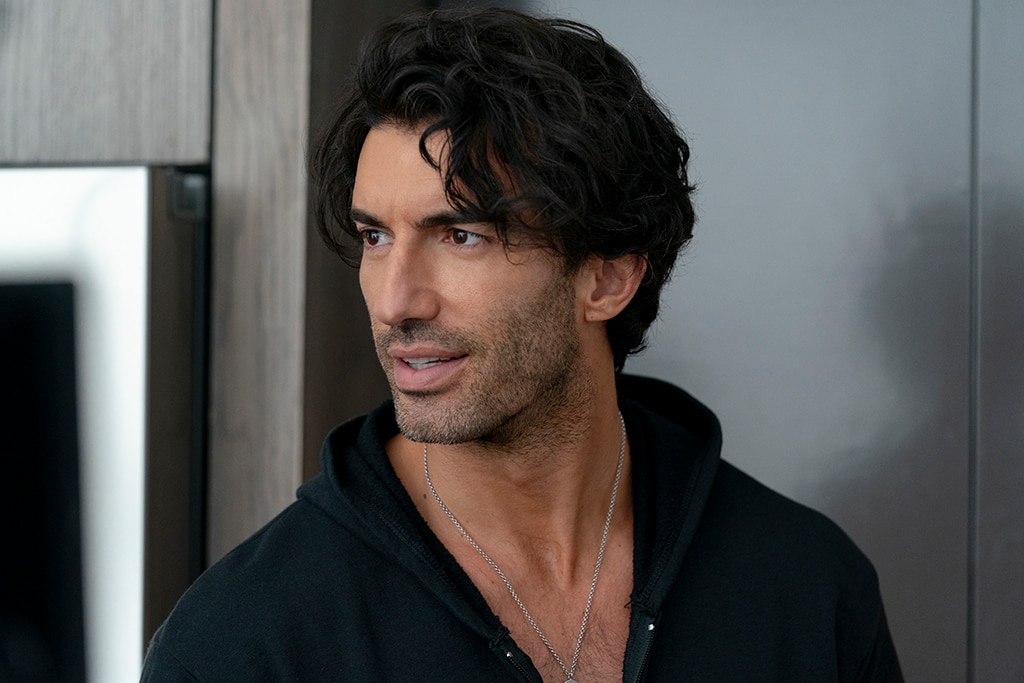
The portrayal of domestic violence within the film significantly deviates from its literary counterpart, with various scenes being rearranged or altered entirely. Unlike in the book where Ryle only pushes Lily down to cool his burnt hand under the sink after the incident occurs, in the movie this event happens immediately following his contact with the hot surface.
In that particular chapter of the novel, Lily appears to be hysterically laughing due to her drunkenness (which continues until Ryle becomes aggressive). The author writes that Ryle exclaims angrily at Lily, saying, “Lily, this isn’t funny. That hand is my very livelihood.
Following his actions of pushing Lily down the stairs, she then evicts Ryle from their apartment, forcing him to spend the entire night in the hallway.
The conversations surrounding abuse also play out differently in the film. For starters, Ryle doesn’t learn about Lily’s family history of domestic violence until after they’ve been dating a while in the movie but in the book, it happens on the first night they meet.
A significant development in the film involves a deeply emotional discussion between Lily and her sister-in-law Allyssa (played by Jenny Slate) following Lily’s discovery of Ryle’s violent past, including an incident where he accidentally shot his brother when they were kids. In the novel, it’s Ryle who discloses the details about his brother’s death to Lily, and Allyssa doesn’t advise Lily against reconciling with Ryle due to his abusive tendencies.
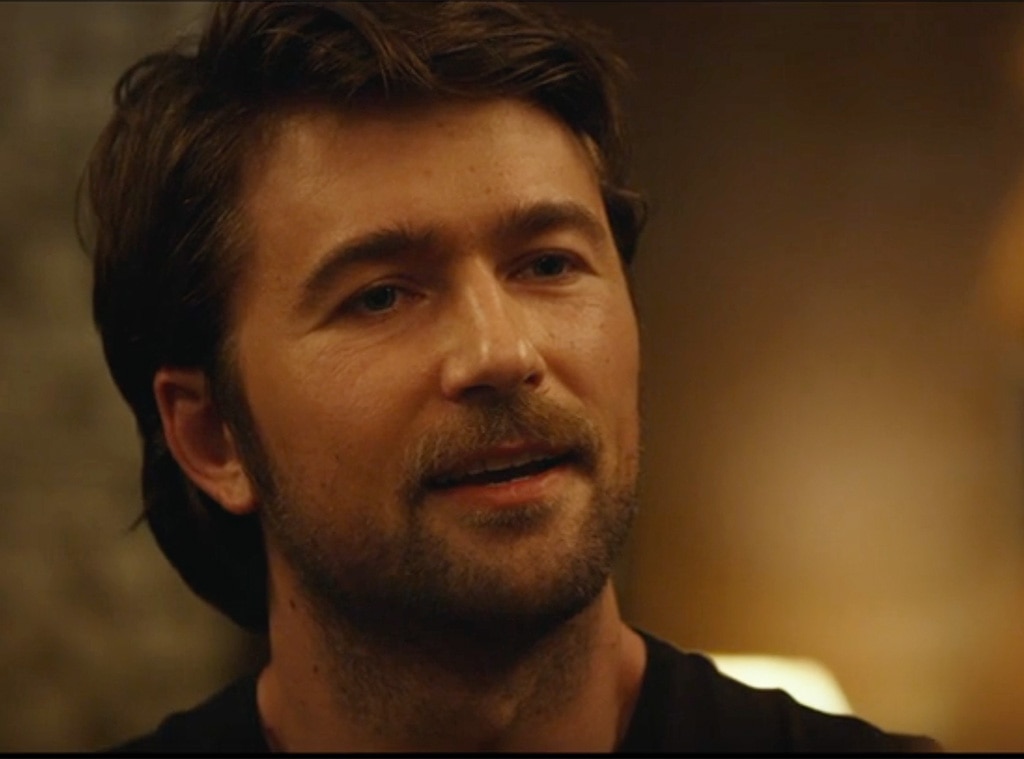
In the book, while the restaurant is often referred to as Atlas’ place, Root, it’s actually named Bib’s, a nod to their teenage catchphrase “Better in Boston”. This slight alteration helps readers new to the story grasp the depth of Atlas’ affection for Lily, as Colleen pointed out.
Colleen clarified to TopMob News, “In the original book, the restaurant’s name symbolized something important for Lily in relation to him. Since it was crucial to convey this significance, we changed the name from its original form to ‘Root’ in the film, as we couldn’t fully represent all the events from the book within the film’s time constraints.
Of course, the name Root does relate to a conversation that happens between Lily and Atlas in the movie, which is something Lily writes to Ellen about Atlas in the book.
Lily clarifies that certain entities, such as trees, possess an inherent strength that allows them to stand tall independently. She observes that Atlas appears remarkably resilient, far more so than she would under similar circumstances.
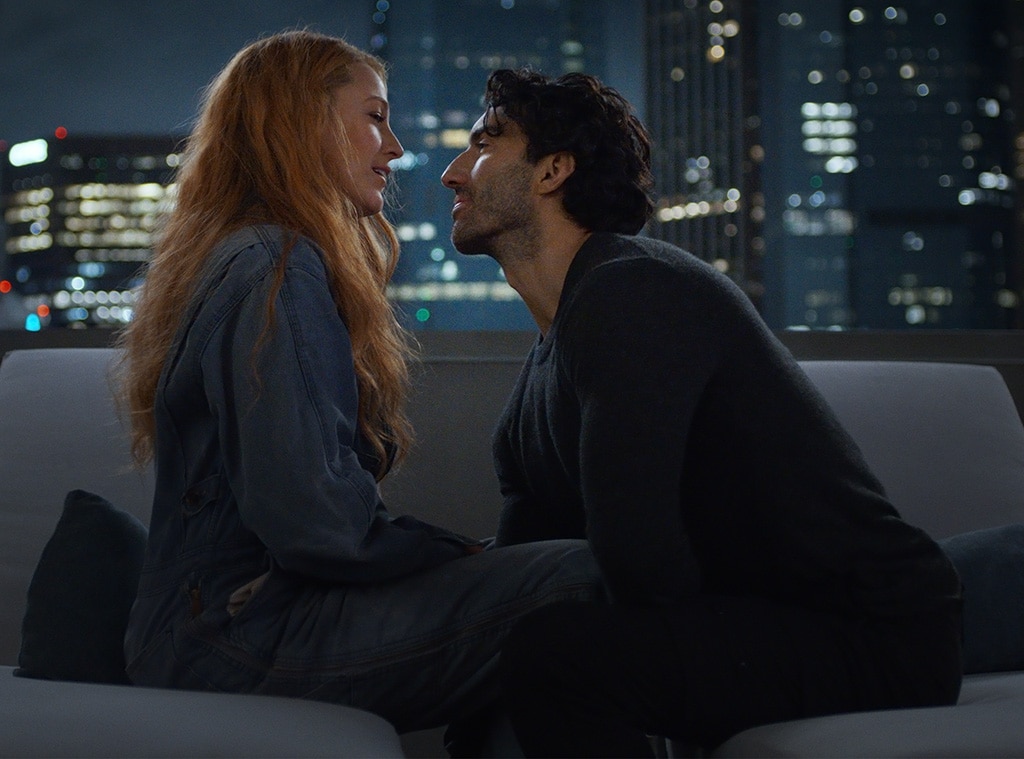
In the book, Ryle and Lily tie the knot with Allysa present, along with Marshall (Hasan Minhaj) and their families. The movie, however, speeds through this significant event somewhat. Unlike the film, the book includes Lily’s mom in attendance, suggesting expensive cross-country late-night flights to Nevada may have been involved.
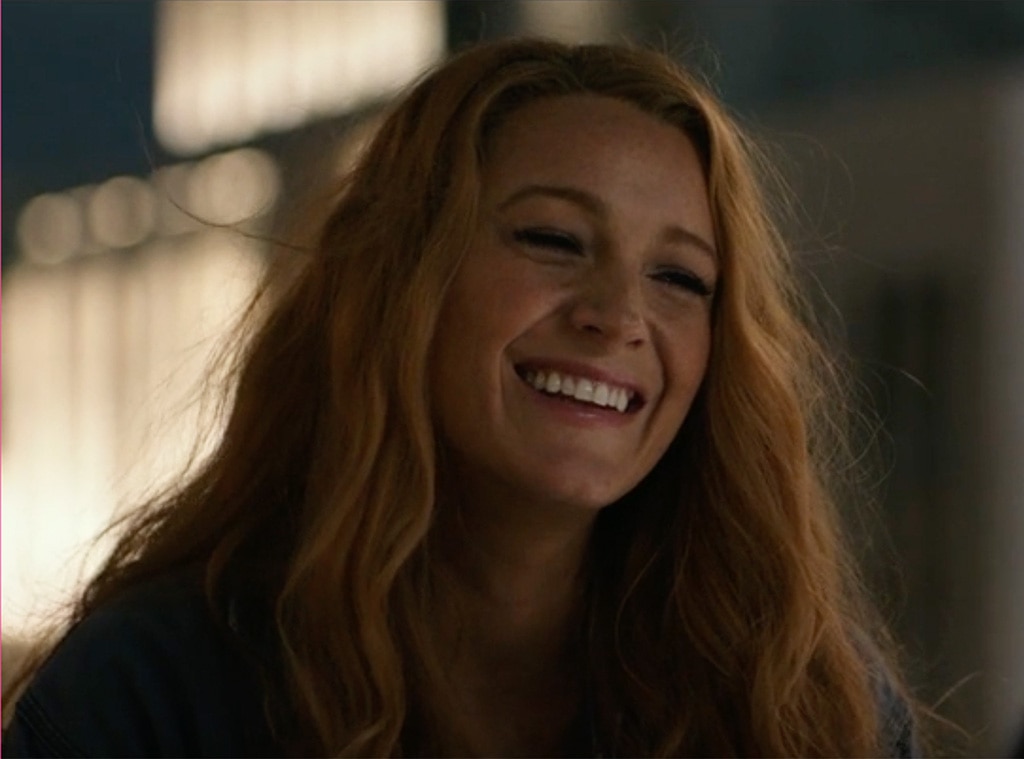
In the book, Lily gives birth to a child they’ve named Emerson Dory. This name carries significance, as it honors both Ryle (whose late brother was named Emerson) and their mutual affection for Atlas, who shares a connection with Ellen DeGeneres, symbolized by the name Dory.
The movie, however, only shares “Emerson.” And while Allysa and Marshall welcoming their first baby does take place in the movie, it makes no mention of naming her Rylee after Allyssa’s brother Ryle.
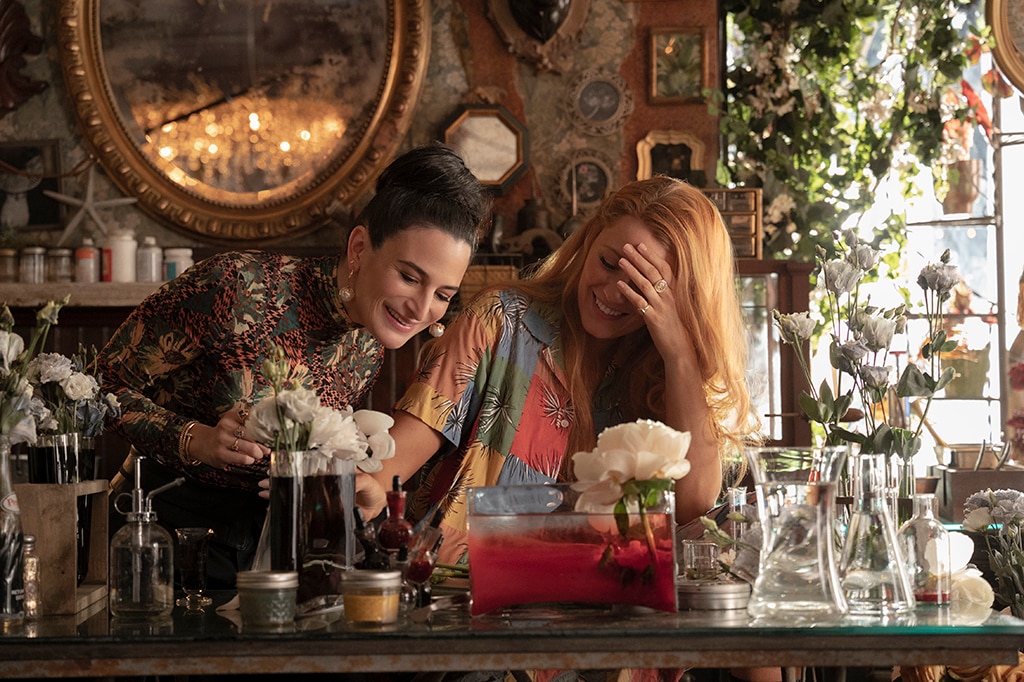
The characters in this adaptation might not match readers’ mental images. Notably, there was a significant amount of controversy surrounding the costumes seen on set for the book It Ends With Us, which gained attention online. Yet, the novel seldom delves into specific clothing details except for mentioning Ryle’s scrubs or Lily wearing a loose sweater.
As for what Colleen had to say about the backlash?
She informed Today that she never mentioned outfits, adding, “To me, it’s irrelevant what they are wearing. What captures my attention is their discussion and the narrative behind it. This approach carries over to movies as well.
Read More
- Masters Toronto 2025: Everything You Need to Know
- We Loved Both of These Classic Sci-Fi Films (But They’re Pretty Much the Same Movie)
- ‘The budget card to beat right now’ — Radeon RX 9060 XT reviews are in, and it looks like a win for AMD
- Forza Horizon 5 Update Available Now, Includes Several PS5-Specific Fixes
- Street Fighter 6 Game-Key Card on Switch 2 is Considered to be a Digital Copy by Capcom
- Valorant Champions 2025: Paris Set to Host Esports’ Premier Event Across Two Iconic Venues
- Gold Rate Forecast
- The Lowdown on Labubu: What to Know About the Viral Toy
- Karate Kid: Legends Hits Important Global Box Office Milestone, Showing Promise Despite 59% RT Score
- Mario Kart World Sold More Than 780,000 Physical Copies in Japan in First Three Days
2024-12-21 17:48